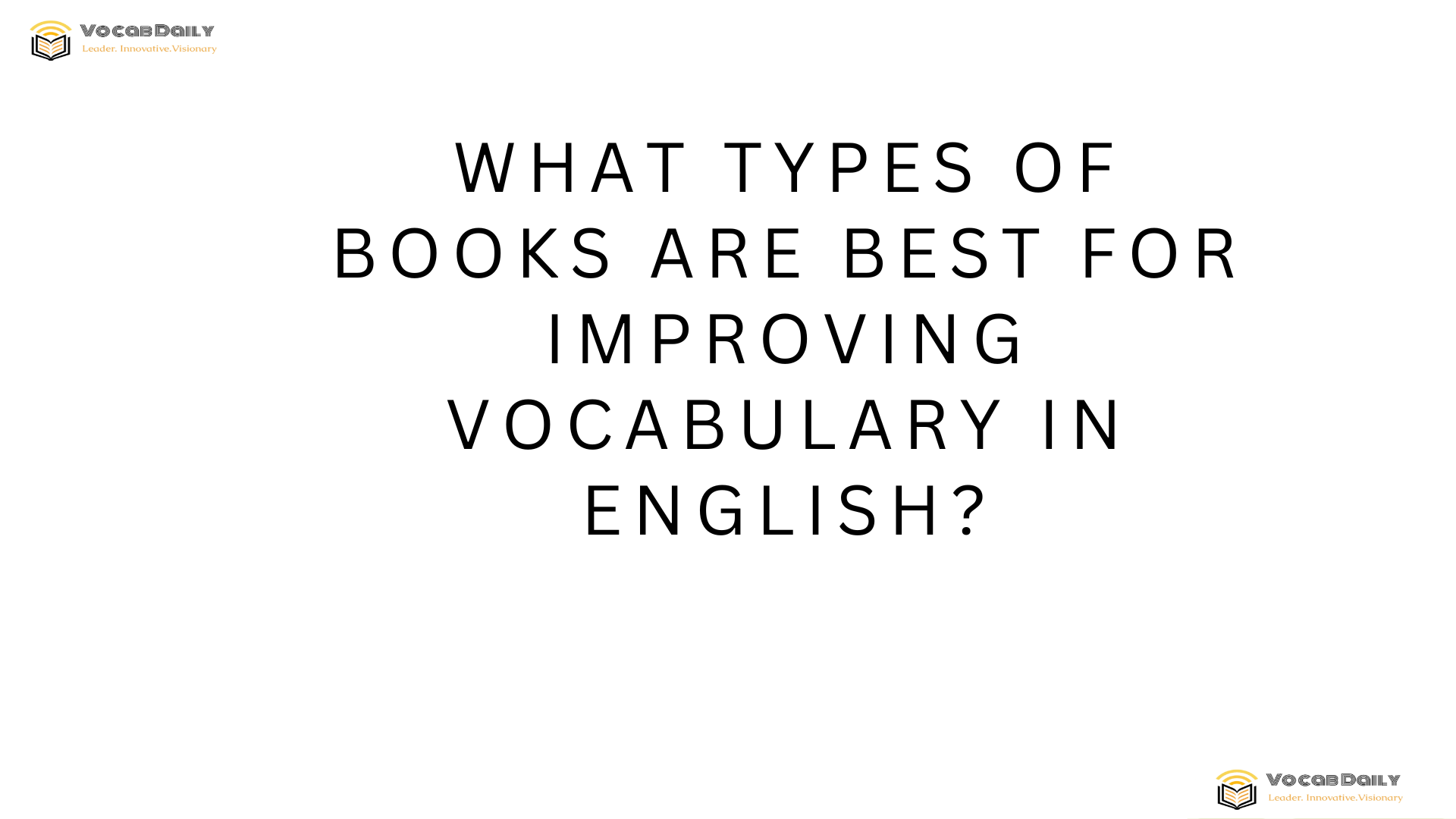Classic Literature for Deep Vocabulary Development
Classic literature remains one of the most effective sources for expanding English vocabulary. Written by renowned authors over centuries, these works contain rich and varied language that exposes readers to both archaic and sophisticated vocabularies. From Shakespeare’s plays to novels by Jane Austen or Charles Dickens, classic books introduce readers to complex sentence structures, uncommon phrases, and an extensive range of words that are rarely found in everyday conversation.
Reading classics not only enhances vocabulary, but also provides context for better understanding. The narratives often involve descriptive passages, distinct character dialogues, and intricate themes which encourage readers to infer meanings and grasp subtle nuances. This kind of engagement is crucial for vocabulary retention and application in writing and speaking.
Contemporary Literary Fiction with Rich Language
While classic literature offers historical treasures, contemporary literary fiction provides a modern vocabulary experience. These books often explore modern themes and use current language trends while maintaining a high level of linguistic detail. Authors such as Jhumpa Lahiri, Zadie Smith, and Kazuo Ishiguro create narratives that blend conversational English with eloquent prose, giving readers a fresh yet challenging vocabulary pool.
Contemporary fiction encourages readers to grasp words in today’s context and improves the ability to understand nuanced emotions and social interactions. Because the language is current, it helps bridge understanding between formal and informal English, making vocabulary learning practical for everyday use as well as academic or professional environments.
Non-Fiction Books for Specific Vocabulary Expansion
Non-fiction books are excellent for acquiring specialized vocabulary depending on the subject matter. Whether you choose books on science, history, psychology, or business, non-fiction texts introduce terms that are relevant to particular fields. This targeted learning is beneficial not only for enhancing general vocabulary but also for expanding knowledge in specific areas.
For example, reading popular science books like those by Carl Sagan or Neil deGrasse Tyson helps build scientific literacy and the vocabulary related to astronomy and physics. Similarly, historical biographies or accounts teach terminology related to politics, culture, and geography. Non-fiction encourages critical thinking and vocabulary application in real-world scenarios, making these books valuable resources for learners at intermediate or advanced levels.
Young Adult (YA) Books for Relatable and Accessible Vocabulary
Young Adult literature is tailored to be both engaging and linguistically accessible, making it a great choice for learners who want to improve vocabulary without encountering excessive difficulty. YA books usually feature modern vernacular combined with descriptive language that helps readers absorb new words through relatable stories.
Because YA novels often focus on themes of self-discovery and social challenges, the vocabulary tends to balance everyday language with expressive terms that convey emotions vividly. This balance allows vocabulary growth in a natural, enjoyable way. Popular series like Harry Potter, The Hunger Games, or diverse contemporary YA novels provide a wide lexical range suited for teenage readers and adults alike.
Poetry Collections for Learning Through Rhythm and Imagery
Poetry is a unique literary genre that can significantly boost vocabulary, especially through imagery, metaphor, and creative word usage. Poems often use concise language packed with meaning, encouraging readers to think critically about word choice and context.
Exploring collections from poets such as Robert Frost, Emily Dickinson, or contemporary voices like Mary Oliver offers insight into the emotive power of words. Poetry challenges readers to consider multiple meanings and appreciate the musicality of language, which aids memory and vocabulary retention. Additionally, the rhythmic quality of poetry helps learners internalize language patterns and pronunciation.
Graphic Novels and Illustrated Books for Visual Vocabulary Learning
Graphic novels combine text with powerful visual storytelling, which can be particularly helpful for visual learners who want to improve vocabulary in context. The artwork supports comprehension and helps clarify meanings of new words, making vocabulary acquisition more intuitive and engaging.
Genres in graphic novels vary widely, including fantasy, memoirs, and historical accounts, each enriching vocabulary relevant to its theme. Additionally, the dialogue-driven nature of graphic novels exposes readers to conversational English and everyday expressions, complementing more formal vocabulary.
Vocabulary-Building Workbooks and Exercise Books
Books specifically designed for vocabulary growth include workbooks and practice books that offer structured approaches to learning new words. These resources often combine reading passages with exercises such as fill-in-the-blanks, matching words with definitions, and contextual sentence creation.
Using vocabulary-building workbooks allows learners to see new words in context and immediately apply them, reinforcing retention. Many of these books are designed by language experts and cater to different proficiency levels, making them easy to integrate into daily learning routines.
Fantasy and Science Fiction for Imaginative Vocabulary Expansion
Fantasy and science fiction novels introduce readers to imaginative worlds with invented terms and descriptive language. While some vocabulary is unique to the genre (including neologisms and jargon), these books also employ sophisticated English to create vivid scenes and complex characters.
Authors like J.R.R. Tolkien, Ursula K. Le Guin, and Isaac Asimov craft intricate settings filled with rich descriptions and action-packed narratives. Reading these genres encourages readers to expand their vocabulary through exposure to adjectival phrases, specialized verbs, and compound nouns, especially those that evoke strong sensory details and emotions.
Reading Newspapers and Magazines for Current and Practical Vocabulary
Though not traditional books, newspapers and magazines are excellent tools for vocabulary development focused on current events, culture, and everyday language. Articles range from formal to conversational styles, providing a broad spectrum of vocabulary consistent with modern usage.
Regularly reading reputable sources like The New York Times, The Guardian, or National Geographic magazines helps learners stay updated on contemporary language trends and idiomatic expressions. This practice also enhances reading speed and comprehension in different styles, useful for learners who want to sharpen vocabulary for academic or professional success.
Also check out VocabDaily workbook collections.

Leave a Reply